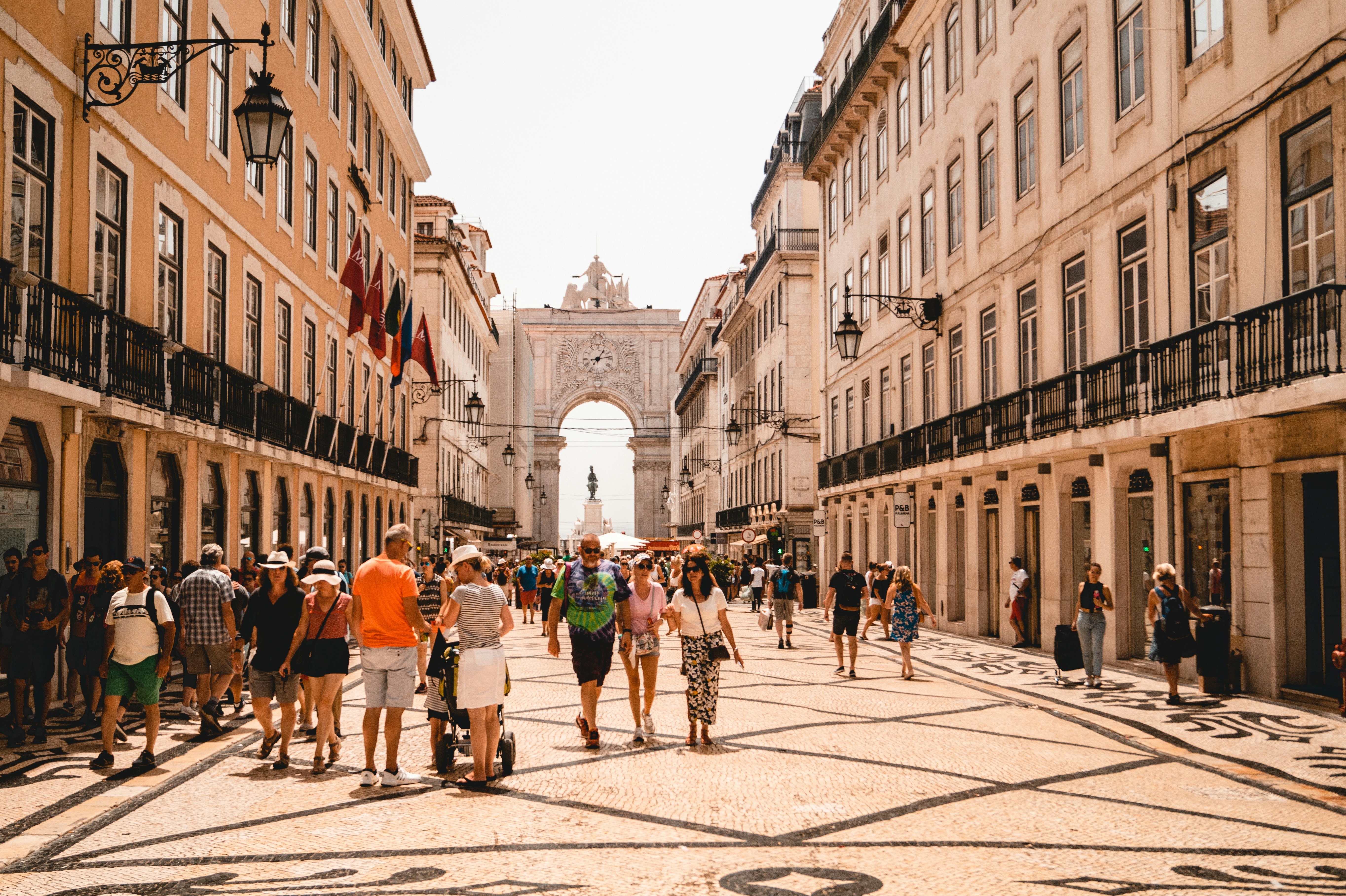Portugal D7 vs. Digital Nomad Visa: 7 Key Differences Explained
Portugal's D-type visas are long-term residence permits for non-EU nationals. They include visas for work, study, family reunification, and retirement.
Today let’s compare two of them: the Portugal Passive Income Visa (D7), and the Portugal Digital Nomad Visa (D8). Learn the difference with Alina Mishurenko, an expert and the editor-in-chief at Immigrant Invest.
1. Visa purpose
The Portugal D7 Visa, also known as the Passive Income Visa, is designed for financially independent individuals such as retirees or those with passive income. The D7 visa is initially issued for four months.
The Portugal D8 Visa, also known as the Portugal Digital Nomad Visa, or the Portugal visa for freelancers is designed for remote workers hired by foreign countries. Initially issued for four months as well.
2. Eligibility for a residence permit and citizenship
The Portugal D7 Visa allows holders to enter Portugal within four months and apply for a residence permit. The permit is issued for two years, with the possibility of renewal for another three years. After those 5 years they become eligible for Portuguese permanent residency or citizenship.
The Portugal Digital Nomad Visa operates similarly: four months to enter Portugal and apply for a two-year renewable residence permit. In 5 years holders can get Portuguese permanent residence or citizenship.
3. Benefits of each visa type
The Portugal D7 Visa holders with residence permits can live, work, run a business, use the banking system, and receive healthcare and education in Portugal. They can also freely travel within the Schengen Area. If they have a child born after a year of living in the country, that child is granted citizenship.
The Portugal Digital Nomad Visa can live, use the banking system, and receive healthcare and education in Portugal. They, too, can freely travel through the Schengen Area. However, they cannot work for an EU employer.
4. Family inclusion
With the Passive income D7 visa, the principal applicant can add their spouse, and financially dependent family members: parents and unmarried children under 21.
They can be added in the same D7 visa application as the principal applicant and will be eligible for residence permits as well.
With the Portugal Digital Nomad Visa, the family inclusion permits:
spouse;children under 30, unmarried and financially dependent;parents, and parents of the spouse, under 65 and financially dependent;parents, and parents of the spouse, over 65.
Note: while those family members will be receiving D8 visas, they must file separate applications from the principal applicant. This is the difference from the D7 visa rules, where the family can be added in one application.
However, if approved, digital nomads’ families also become eligible for residence permits.
5. Minimum income requirements
To obtain the Portugal D7 visa, applicants must prove a stable passive income, such as pensions, rental income, investment returns, or dividends. Note: income from remote work is not qualified.
The required minimum income is:
€820 per month, or €9,840 per year for the principal applicant;€4,920 per year per additional applicant (the spouse or financially dependent parents);€2,952 per year per additional applicant (children).
To qualify for Portugal's Digital Nomad Visa, applicants must demonstrate a stable remote income from sources such as freelance work or self-employment. Note: passive income like pensions or rental income does not qualify.
The minimum income requirements are:
€3,280 per month, or €39,360 per year, for the principal applicant;€1,640 per month for a spouse, and €984 for a child must be added to the income, if applicable.6. Additional expenses
In addition to income requirements, applicants for both visas cover other expenses.
With the Portugal D7 Visa, these expenses include:
Consular application fee — €90 per applicant.Processing fee — €80+ per applicant.Residence card fee — €70+ per applicant. Health insurance — approximately €400–600 per year.Accommodation — approximately €700+ per month for a rental.Translations and legalisation of documents — varies.
With the Portugal Digital Nomad Visa, expenses include:
Consular application fee — €90 per applicant.Processing fee — €80+ per applicant.Travel insurance — €14+ per month.Residence card fee — €70+ per applicant. Health insurance for residency application — €20+.Accommodation — approximately €700+ per month for a rental.Translations and legalisation of documents — varies.7. Application procedure
To apply for the Portugal D7 Visa, one must:
Obtain a Portuguese taxpayer number (NIF) and open a local bank account.Rent or buy a residential accommodation in Portugal. Gather the documents, including a valid passport, proof of income such as bank statements and pension slips, proof of accommodation, criminal record certificate, health insurance, and cover letter. Fill an application form and submit it through a Portuguese consulate with the documents. Use the D7 visa to enter Portugal and apply for a residence permit within the first four months.
With the Portugal D8 Visa application the steps and the documents are similar — but the applicant also provides proof of remote employment and proof of income as a remote worker.
In a Nutshell
The Portugal D7 Visa (Passive Income) and D8 Visa (Digital Nomad) both offer long-term residency but cater to different needs. The D7 is for retirees or those with passive income, while the D8 is for remote workers. Both visas allow for family inclusion, have similar application procedures, but differ in income requirements and additional expenses.








